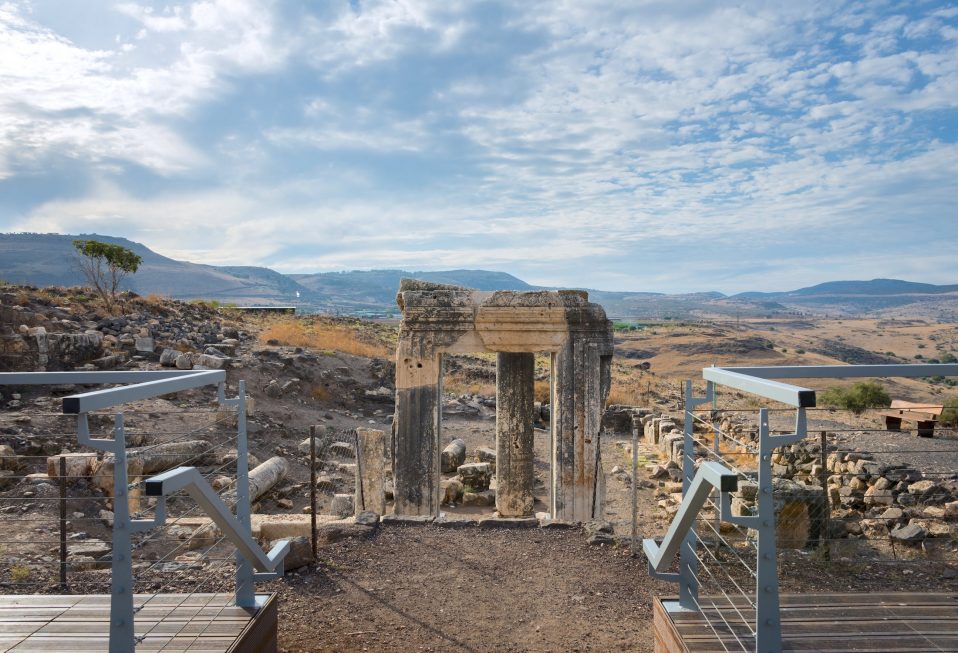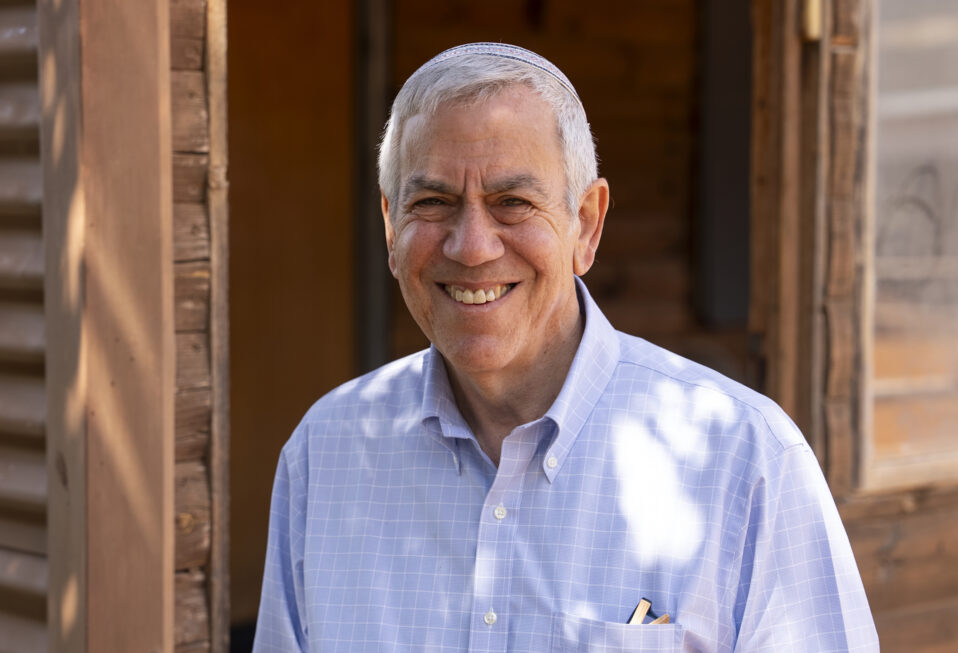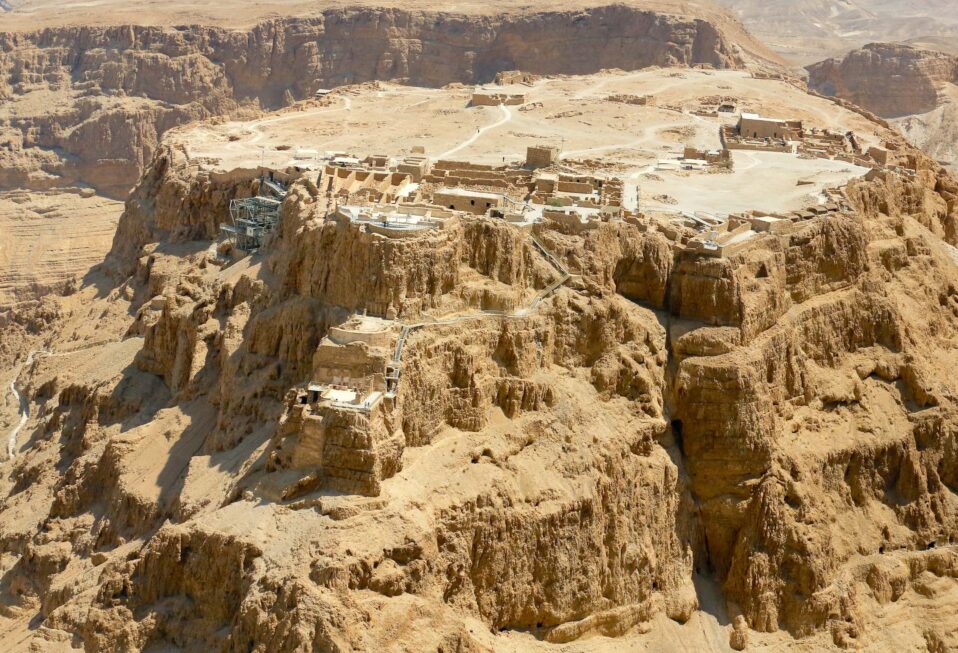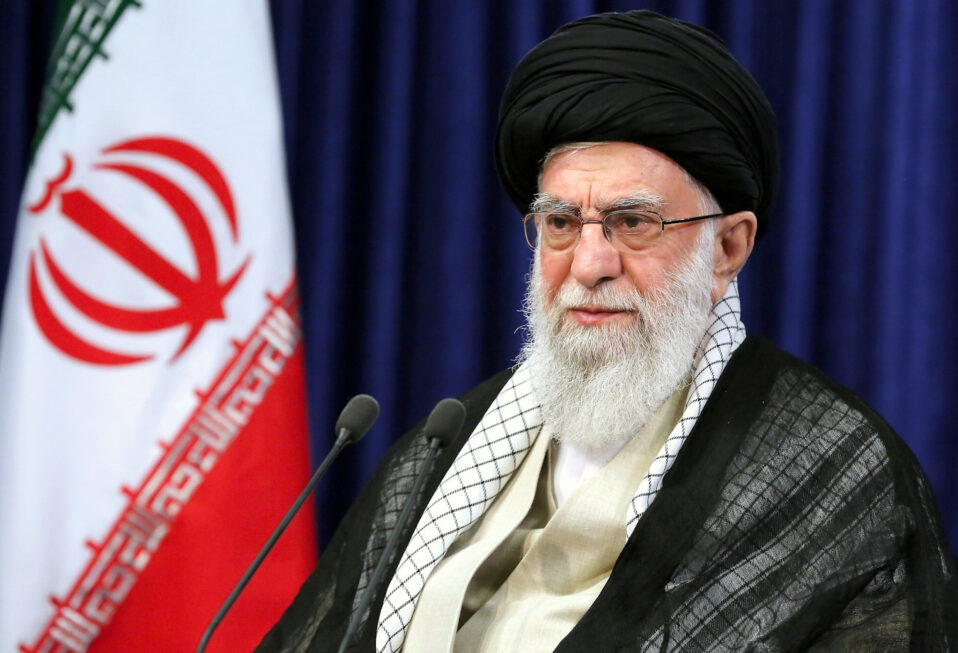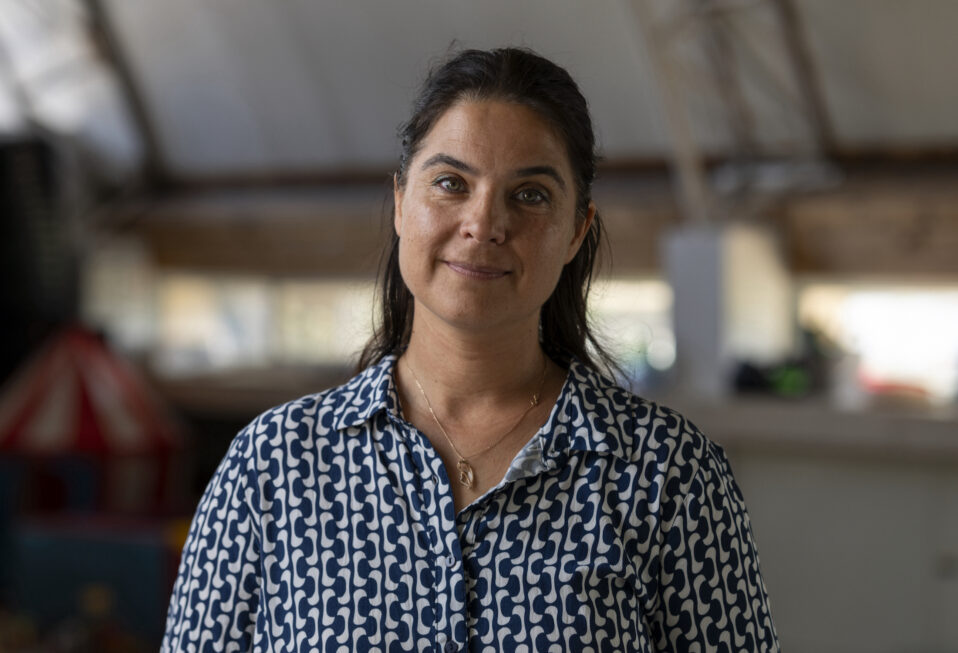By Arlene Bridges Samuels
One hundred and eighty days ago, Hamas ripped away a cloak of barbaric evil revealing Iran’s final, deadly goal. The evil that befell Israel on October 7, 2023, points to the Islamic Regime’s determination to establish a modern caliphate—an Islamic-founded, tyrannical government—across the world. For decades, Iran’s leaders have called Israel the “Little Satan” and the United States the “Great Satan.” Make no mistake—these hostile labels describe an ongoing religious war between the life-giving Judeo-Christian heritage and the death cult of Shia Islam.
Mainstream media promotes its anti-Israel biases with predictions and propaganda—accepting Iran proxy Hamas’s lies rather than the established facts of Israel’s defensive war. Rarely does secular media mention that the globe is undergoing a religious war. However, a recent Atlantic Council article highlighted Iran’s Supreme Leader Ayatollah Ali Khamenei and sounded the alarm about his extreme views.
The article revealed that Khamenei is determined to force-fit his oppressive Islamic Shia religion onto the world, in part by using and funding his Middle East trio of hate—surrogates Hamas, Hezbollah, and the Houthis. In a recent speech, Khamenei arrogantly declared, “It was my tongue, but words of god (Allah).” Although Khamenei has long been considered the Supreme Leader (his media machine calls him the “implementer of god’s orders”), this latest pronouncement sent out shock waves in Iran. On X, one writer, a critic, said about Khamenei, “At 86, he claims to be a god.”
And a satanic false god, he is. He controls the regime’s nuclear ambitions, military, media, judiciary, and foreign policy. We need not look far to see Khamenei’s power-hungry principles enforced by his Islamic Revolutionary Guard Corps (IRGC) at home and abroad. His mandate toward upwards of 89 million citizens is marked by harsh, oppressive laws and brutal violence. In 2021 he called street protesters “evil, corrupt … weeds, or insects.” In other words, “mow them down.”
Khamenei’s like-minded President—former judge Ibrahim Raisi, nicknamed “The Butcher of Tehran”—is committed to carrying out violence against any freedom protests breaking out, especially after the arrest of Mehsa Amini, a 22-year-old Kurdish woman. The Iranian “morality police” arrested her in September 2022. Her crime? Incorrectly wearing her compulsory hijab (head covering).She was brutally murdered while in detention.
The “Woman, Life, Freedom” movement was born as a result. The regime responded by murdering more than 550 citizens—including 68 children and 48 women—and arresting thousands. The Fact-Finding Mission established by the UN’s Human Rights Council recently reported (among many other violations) a pattern of blinding eye injuries, torture, and rapes in detentions—vicious crimes against humanity by anyone’s definition.
I consulted with my dear friend Marziyeh (Marzi) Amirizadeh for her first-person explanation of the Islamic regime’s religious goals. Marzi grew up in schools that targeted children by brainwashing them against the U.S. and Israel. As a young woman, Marzi met her Savior Jesus in a series of dreams. She has been a grateful American citizen since 2011.
However, in 2009 she and her close friend were arrested and imprisoned for their faith in Jesus. Their crime? For three years, under the cover of nighttime darkness, they covertly placed 20,000 Bibles into mailboxes in Iran’s capital, Tehran. Eventually found out by the regime’s police, they were put in Iran’s notorious Evin Prison. Sentenced to death by hanging, they miraculously survived nine months of horror, then were released after a letter-writing campaign from thousands of Christians provoked an international outcry.
Marzi is an author (Captive in Iran and A Love Journey with God), a speaker worldwide, and an activist for religious freedom. A devoted believer, she is an expert on the dangerous Islamic Regime and warns fellow Americans that freedom must be cultivated and defended. She speaks on behalf of Iranians who long for freedom, fully supports Israel, and treasures her first trip there last year. Some estimate that over a million Muslim-background believers are part of a growing Christian revival, yet they are forced to live under the Islamic ideology that Islam will conquer the world in the end times. The regime’s theocracy teaches that conquest will come either by war or by infiltrating Western countries through their Muslim population to destroy these countries from within.
Marzi explains, “Radical Muslims teach that Islam is the perfect religion, sent through Mohammad. Everyone must convert to Islam. They await their 12th Imam Mahdi—the Islamic messiah—to appear in Jerusalem after the annihilation of all Israel and Jews.”
She explains further, “Reading the Quran, it is obvious that they use various parts of the Bible and reverse everything. They demand that every Muslim join their Holy War to open the path for their coming Imam Mahdi. He will then start a series of military wars all around the world to convert infidels—Christians and other religious minorities, who are ‘pagans.’ The Mahdi will give them a chance to convert to Islam. If they refuse, Muslims have the right to murder them and confiscate their property.”
Having encountered their apocalyptic leaders’ oppressive laws both outside prison and inside those grim walls, Marzi compares the Ayatollah’s Shia Islam and Christianity: “Christianity is all about love and forgiving, but their Islam is all about hate, violence, and anti-Semitism. If you ask, they say that Islam is a religion of peace, but it is a big lie to deceive people.” Marzi believes in religious freedom, but not at the cost of tolerating hatred and violence taught in other countries.
“Muslims know how to take advantage of religious freedom to brainwash people in Western countries,” continues Marzi. She knows firsthand that “in the eyes of their Allah, we are infidels and pagans, and it makes a way for Imam Mahdi to establish an Islamic government or caliphate.” Marzi wisely referred to Matthew 7:16, where Jesus observed, “By their fruit you will recognize them. Do people pick grapes from thornbushes, or figs from thistles?” His wisdom is our measuring stick.
I close by recalling great moments in many past trips to Israel. For my groups of Christian leaders on a geopolitical and spiritual journey, we received excellent briefings from the Israel Defense Forces. Before asking one of the pastors to pray for their safety, I took the opportunity to encourage them. “I am a Christian Zionist and thankful for your service. You are opposing evil on the front lines of freedom, not only for your Jewish homeland, but for us as freedom-loving Americans.”
Friends, first know that Hamas imitated and expanded the Islamic Regime’s brutality, barbarism, and hegemonic goals. Then remember, Israel’s war is like the adage about the canary in the coal mine. If Iran and its terror proxies are coming after Israel, realize that this conflict may eventually be at our front door.
Our team at CBN Israel welcomes you to pray with us this week and find hope in Isaiah 45:16-17: “All the makers of idols will be put to shame and disgraced; they will go off into disgrace together. But Israel will be saved by the LORD with an everlasting salvation; you will never be put to shame or disgraced, to ages everlasting.”
Prayer Points:
- Pray for the world to recognize the evil behind Iran’s military and religious goals.
- Pray for Christians worldwide to strengthen their Ephesians 6 spiritual armor.
- Pray for Israelis to find a way to remain united, no matter what.
- Pray for Christians to use wisdom in their media choices.
- Pray for Christians to press in fully to the truths of our Bibles.
Arlene Bridges Samuels pioneered Christian outreach for the American Israel Public Affairs Committee (AIPAC). After she served nine years on AIPAC’s staff, International Christian Embassy Jerusalem USA engaged her as Outreach Director part-time for their project, American Christian Leaders for Israel. Arlene is an author at The Blogs-Times of Israel and has traveled to Israel since 1990. She co-edited The Auschwitz Album Revisited and is on the board of Violins of Hope South Carolina. By invitation, Arlene attends Israel’s Government Press Office Christian Media Summits. She also hosts her devotionals, The Eclectic Evangelical, on her website at ArleneBridgesSamuels.com.


